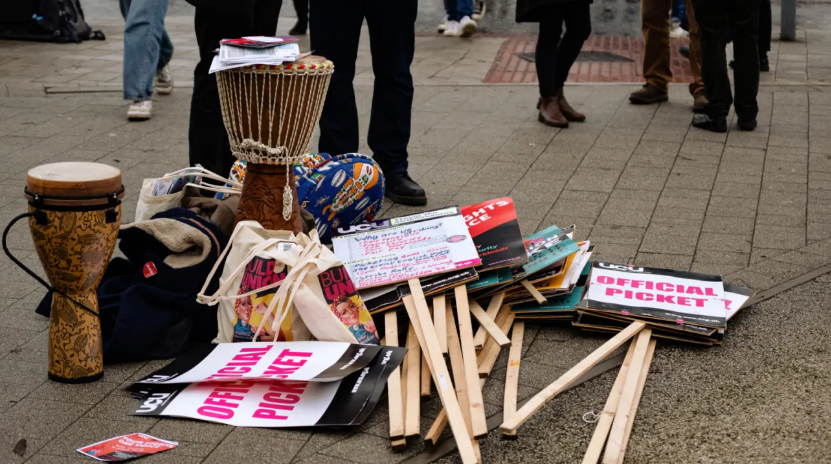So that’s it then.
Just under 20,000 members (of about 68,000 in total – down a fair few from last time) managed to both vote in the most recent University and Colleges Union (UCU) industrial action ballot, and vote in favour of strike action.
However stringent and potentially unfair the 2016 Trade Unions Act rules on aggregated ballots may be, these were rules known to UCU leaders at the time. Having sailed through the same rules on the two previous occasions (for two ballots each time) the 50 per cent turnout requirement was neither an unexpected nor an insurmountable barrier. Knowing this, they chose an aggregated rather than individual ballot.
The largest on-campus union will now head into the 2024-25 New JNCHES pay round (likely to begin early next year) without the benefit of an existing mandate for action.
Elsewhere UCU is managing ongoing industrial action in further education, running a redundancy-plan focused boycott of the University of Brighton, and is gearing up for a new campaign on academic freedom that seems to primarily involve union members resigning from UKRI committee roles. It has made a case for having achieved success in the USS dispute, having recently witnessed agreement on a return to pre-2020 valuation contribution levels.


